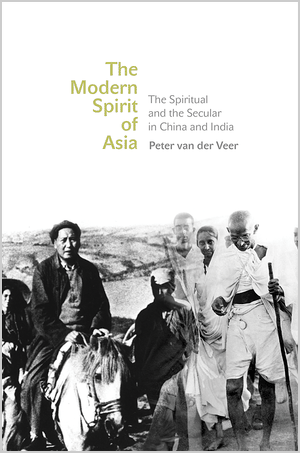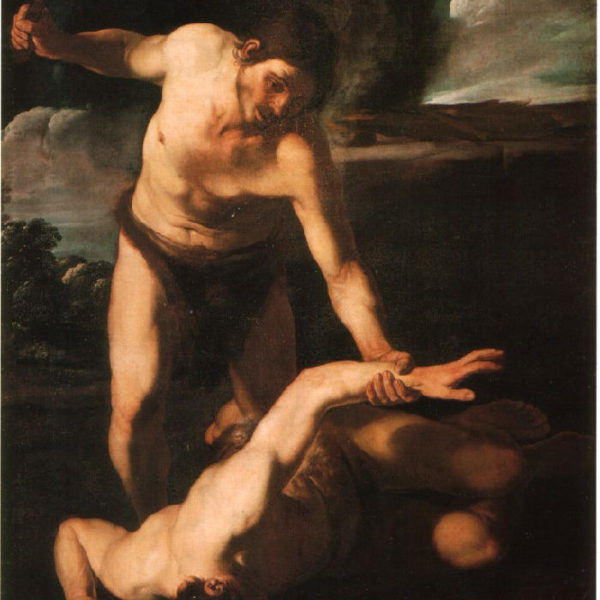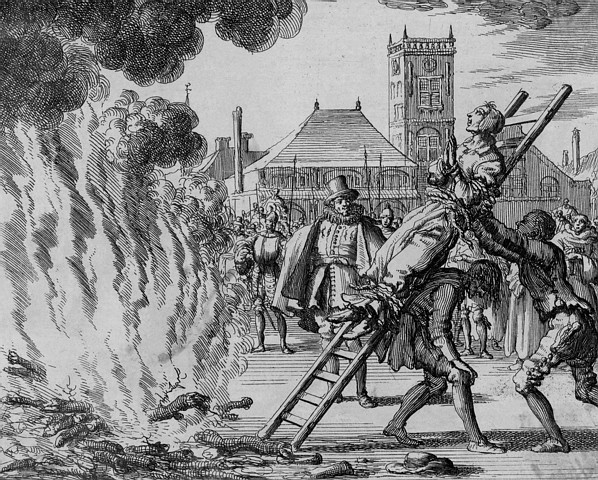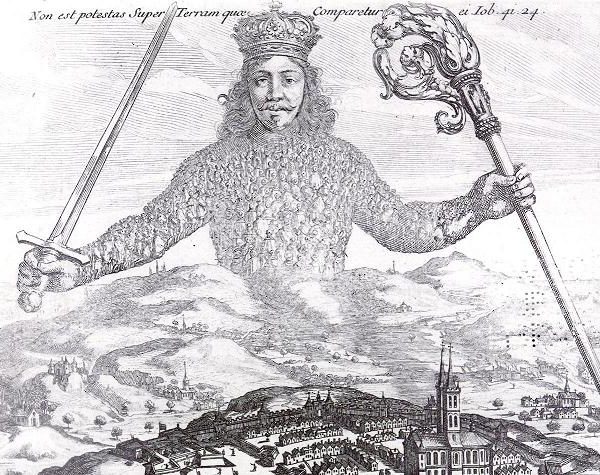
What political theologies are embedded in and shape Zionist and Palestinian refugee mappings of space and place? This is the animating question of my new book, Mapping Exile and Return, which stems from my doctoral studies in theology at the University of Chicago and 11 years of work in the Middle East.

This is a book about India and China. It is about the ways in which these nation-forms, and the nationalist understandings of religion that have thereby developed, have been transformed by Western imperial modernity.

I am grateful to Bill Cavanaugh for taking the time to respond to my blog post of two weeks ago, “Modernity Criticism and the Question of Violence,” and giving me the opportunity to clarify better the nature of my criticisms. Clearly such clarification is in order, as Cavanaugh’s response seems to have struck off in something of the wrong direction, defending theses that were not really under challenge. If I may adapt the opening from his post, Cavanaugh’s response would raise significant difficulties for the thesis of my critique if (1) the argument of that critique were directed against The Myth of Religious Violence and (2) my purpose was to endorse Steven Pinker’s triumphalist progressivism. The first of these premises is false, and the second is highly questionable.

Brad Littlejohn’s blog entry here last week would raise significant difficulties for the thesis of my book The Myth of Religious Violence if 1) the argument of that book is that modernity is more violent than previous epochs and 2) Steven Pinker has proven that modernity is in fact less violent than previous epochs. However, the first of these premises is false, and the second is highly questionable.

Debates over the virtue or vice of modern liberal political arrangements often boil down to narratives about violence, whether we are speaking of violence in its literal sense, or in the more metaphorical use made so fashionable by postmodernism, namely, the attempt to erase or neutralize difference. According to the eulogists of liberalism, it rescued us from the darker ages of religious tyranny, in which zealots of orthodoxy used political power to enforce uniformity, and even to violently persecute dissenters.

This week’s lectionary reminds us that power comes and goes. Today the church is tempted to resent its lack of influence, but Mark’s story of Jesus and the words of Paul remind us that even spiritual power has its limits….

